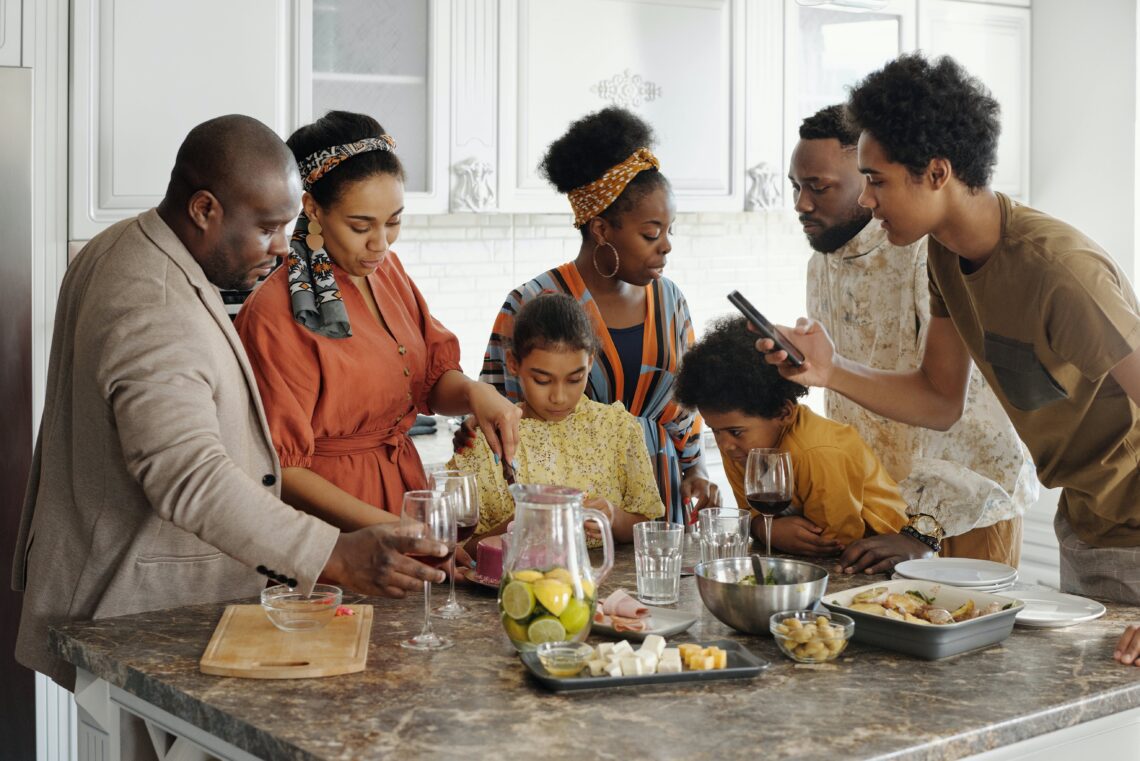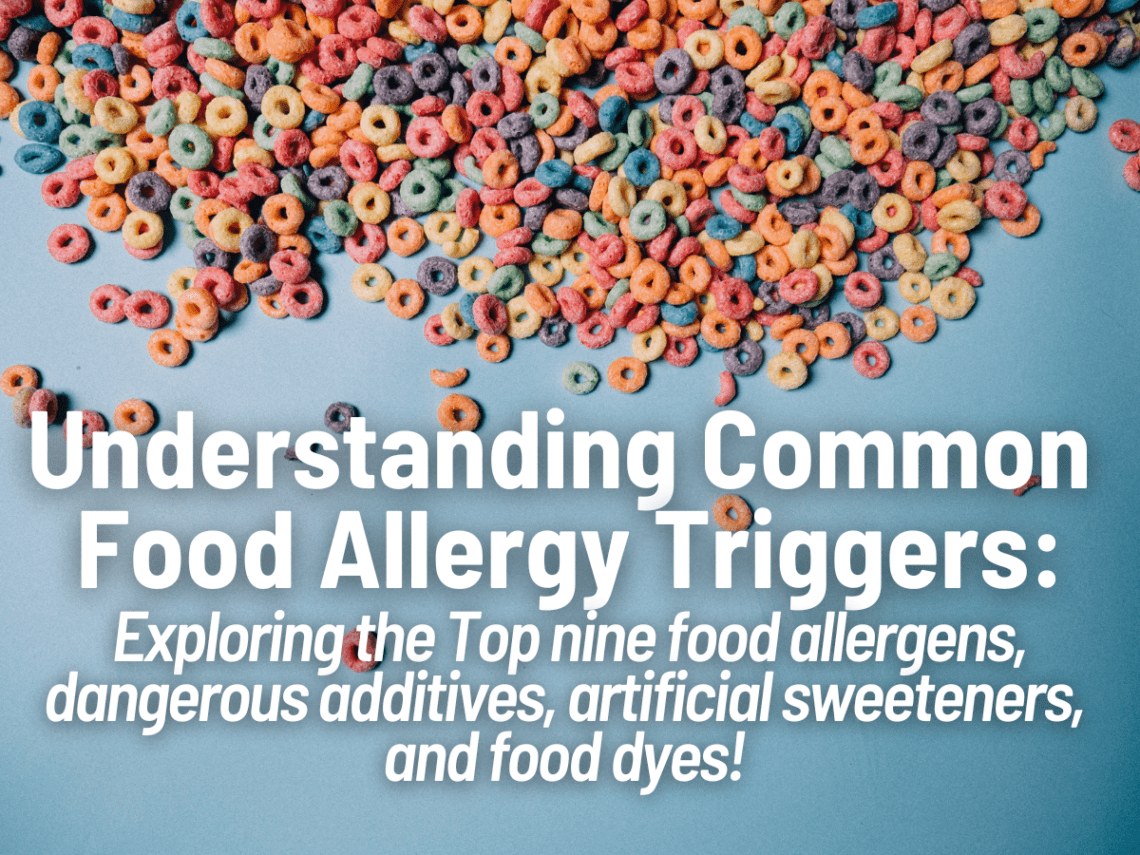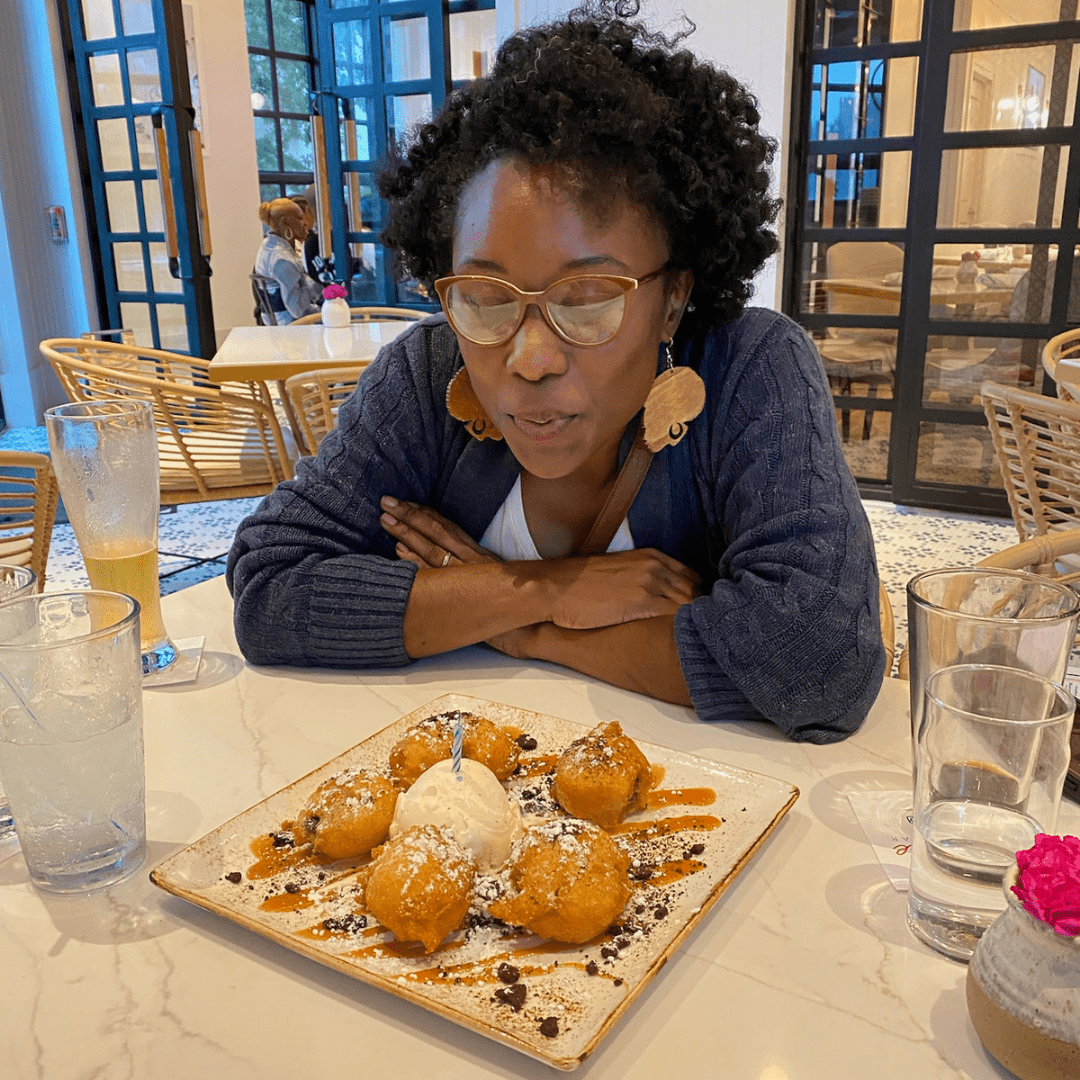Navigating Food Allergies Through Understanding Familial Pathology.
A food allergy diagnosis is a bit like exploring uncharted territory – no handy manual, guide, or playbook to show you the way. Trying to figure out if Aunt Mabel’s nut allergy is destined to become a family heirloom or if everyone in the family’s eczema flare-ups share a common trigger is like solving a mystery without any clear clues.
Food allergies are not a one-size-fits-all situation, but digging into your family’s health history might unlock more information regarding the increased risk for food allergies. Embracing the detective work to get a better understanding of your family’s food allergy history may help you understand your own condition or your child’s condition a bit better.
When we learned of our daughter’s positive food allergy diagnosis, we were clueless as to how something like this was even possible. To our knowledge, no one in our family had food allergies, and we were both allergy-free, with the exception of seasonal and outdoor allergies.

During the early detection stages of our daughter’s allergies, we were often asked if there were other people in our family with food allergies. Given the rate at which Food allergy susceptibility appears to be influenced by genetic predisposition and environmental factors, we were rarely surprised by this question, to which we always responded, “No.”
I can’t recall any conversations where a family member mentioned their inability to eat something or stories involving anaphylactic emergencies. The occasional upset stomach after too much ice cream is really as far as it went.
It wasn’t until I started writing, sharing my story, and asking questions that my and my family’s truths were unearthed.
When I was two years old, my father tragically passed away. A few years following his death, my mother relocated us back to her hometown. I would visit my father’s family, but over time, those bonds began to weaken. Suffice it to say we don’t know a lot about each other, especially as it pertains to health.

Our Food Allergy diagnosis has created a space for dialogue, and within that space, I’ve learned so much. Not only did my biological father manage food allergies, but most, if not all, of my aunts and cousins manage non-life-threatening food allergies and some form of dermatitis.
This eye-opening discovery fundamentally shifted my perspective on our family’s diagnosis. The previously perplexing questions about how and why this condition had entered our lives were now answered. It became clear that food allergies were an inherent part of my family’s medical history, tracing back to my father and extending across generations. This newfound awareness brought about a significant change in our approach.
The ability to introduce our child to family members who shared similar allergies not only normalized her diagnosis but also provided us with a sense of comfort. In this shared space of dialogue, we found solace, understanding, and collective strength to navigate the challenges that accompany our journey with food allergies. The threads of familial pathology, once concealed, now wove a tapestry that helped us comprehend and manage the complexities of our daughter’s condition.
Uncovering a legacy of non-life-threatening food allergies and dermatitis in my biological father’s family reshaped my perspective. What was once a puzzling intrusion into our lives revealed itself as an inherent part of our family’s medical journey, stretching across generations. This newfound awareness transformed confusion into clarity, fostering a shared space of dialogue that normalized our daughter’s chronic illness.



